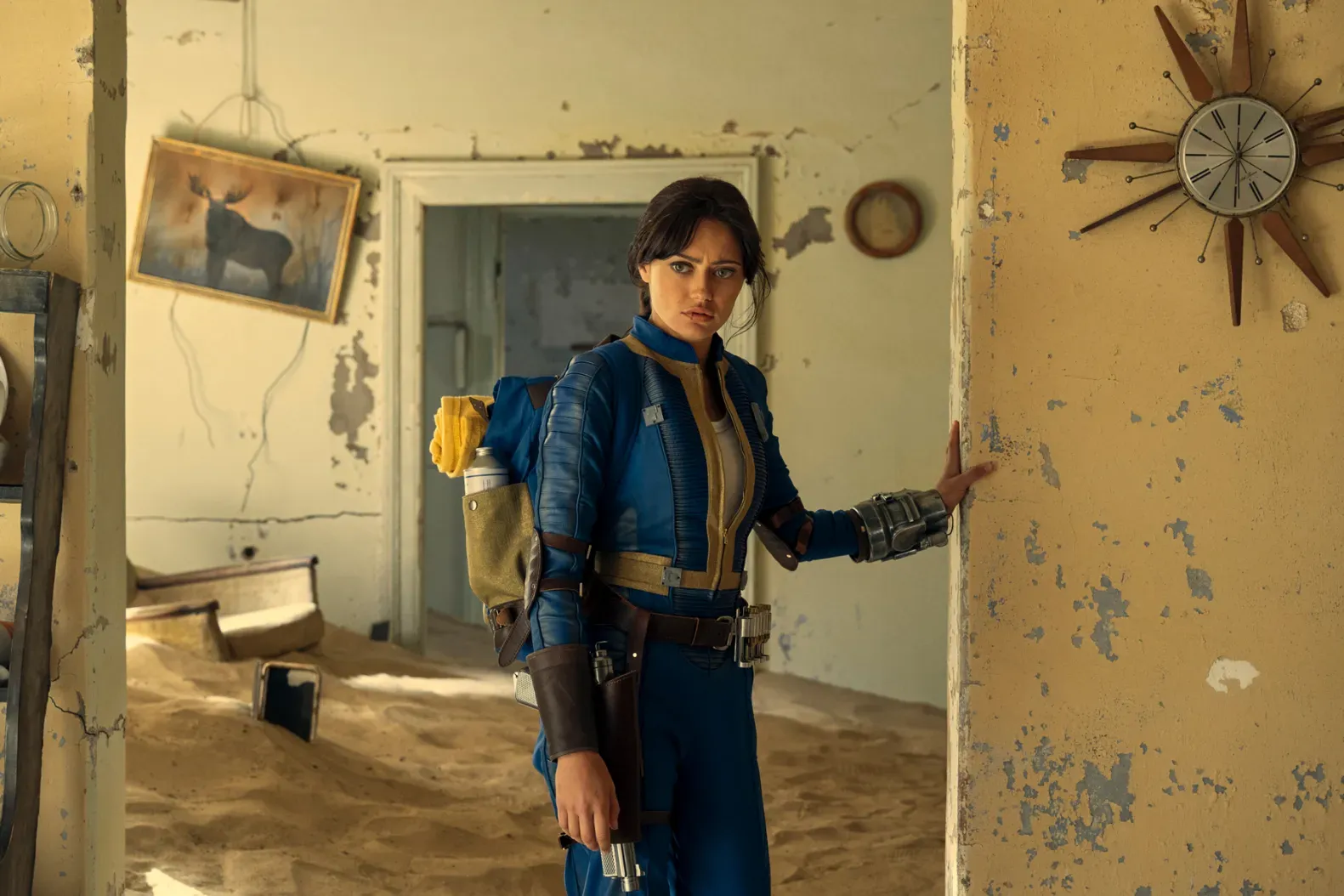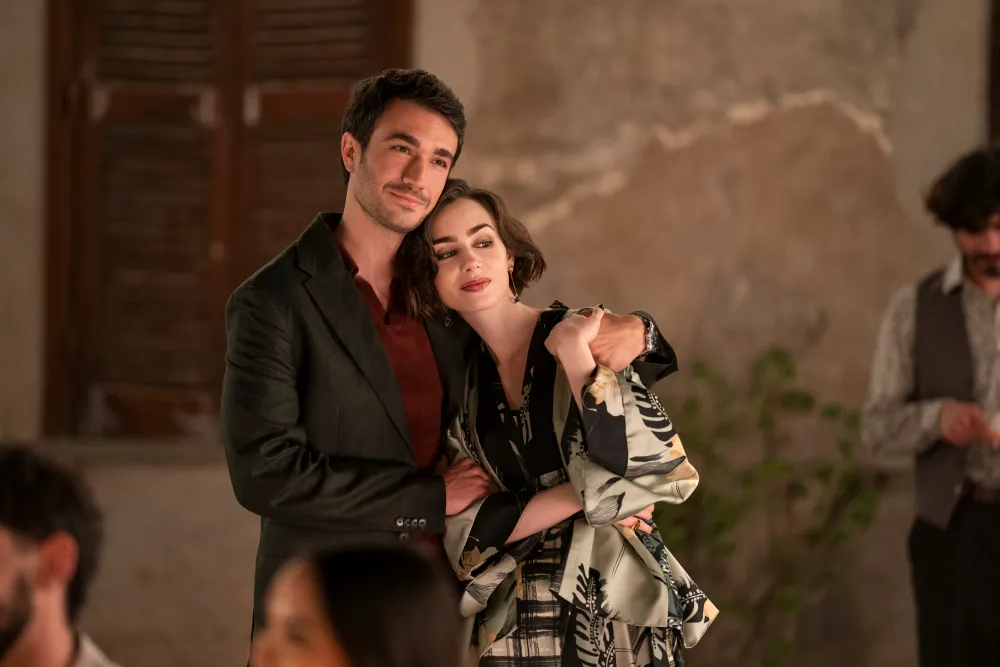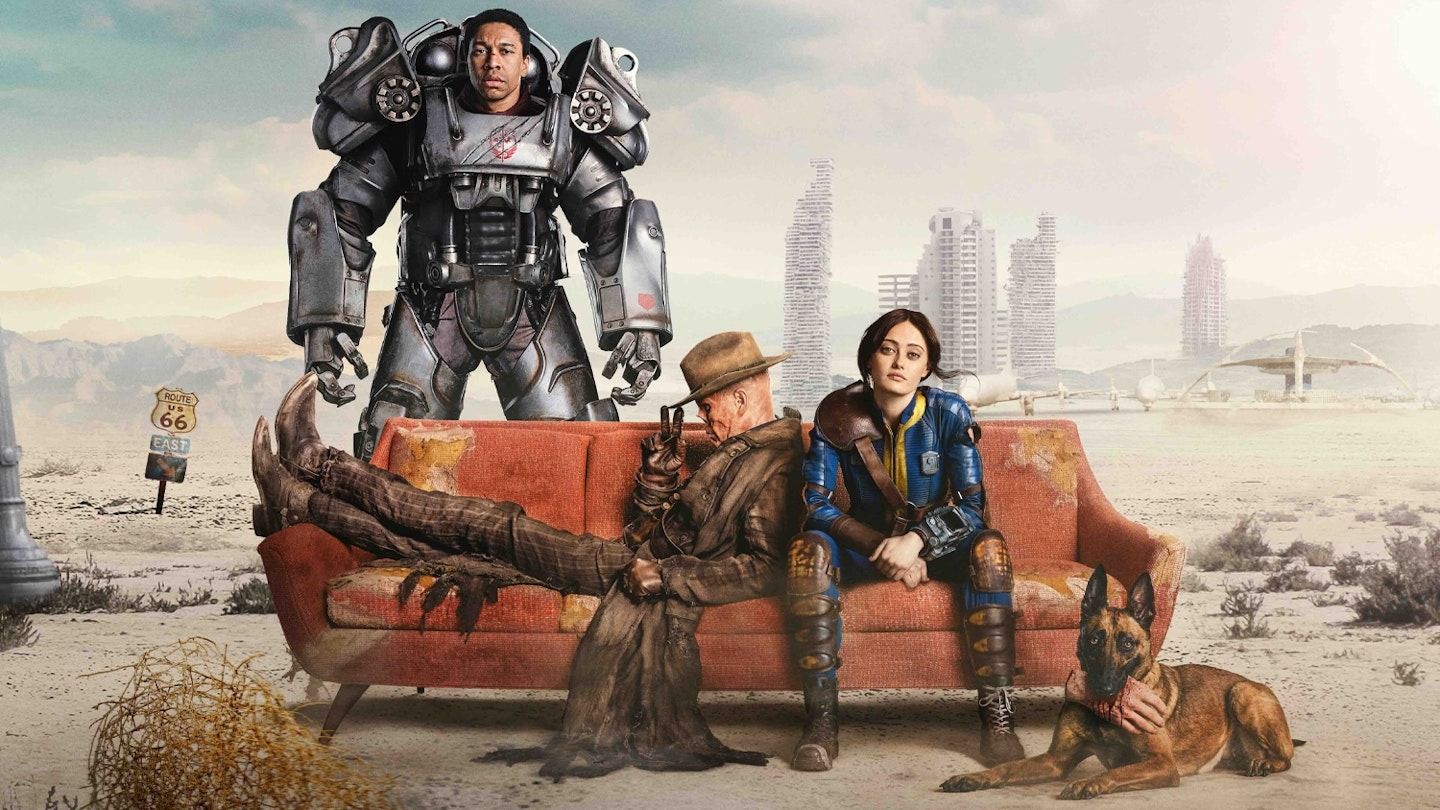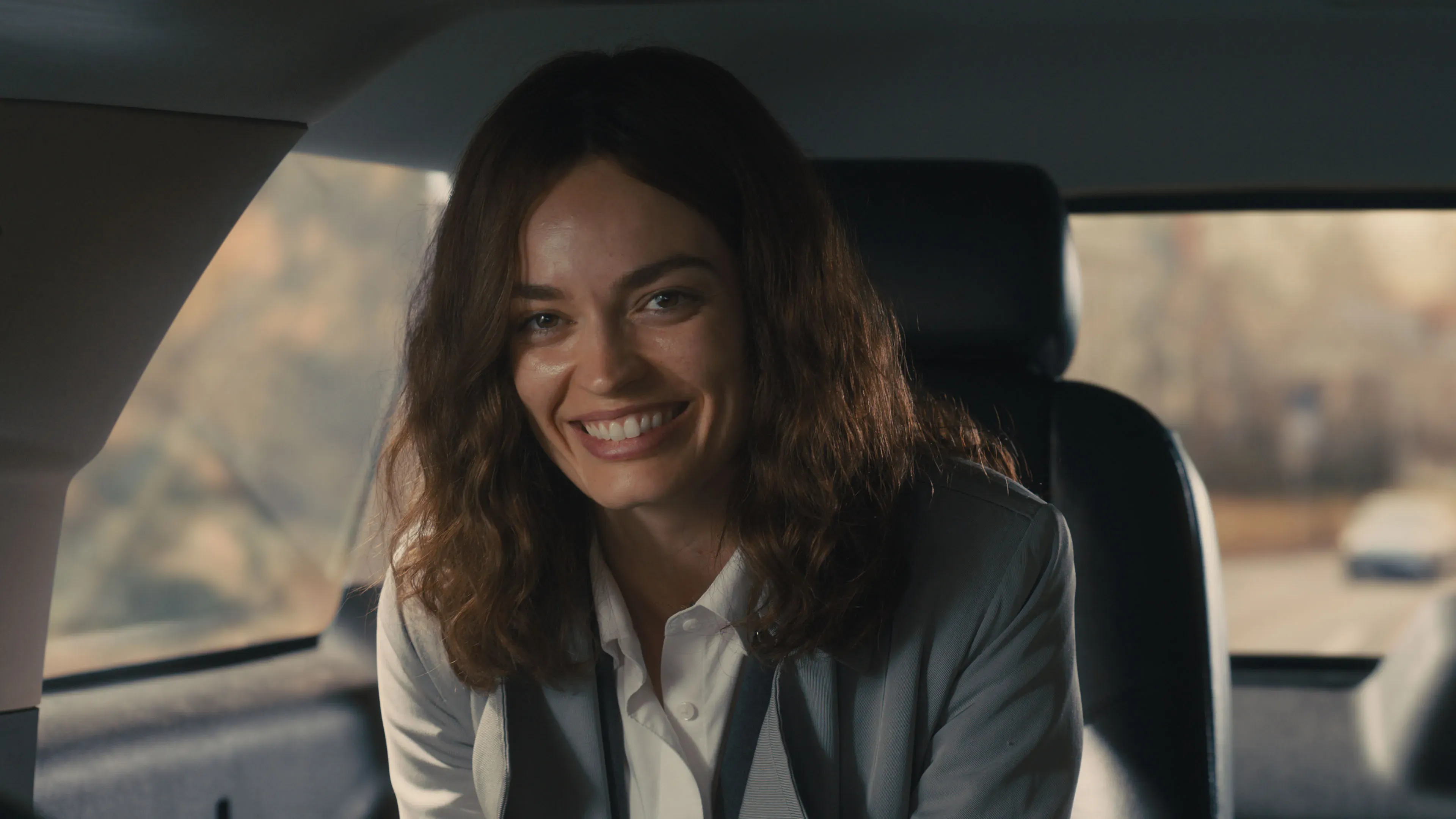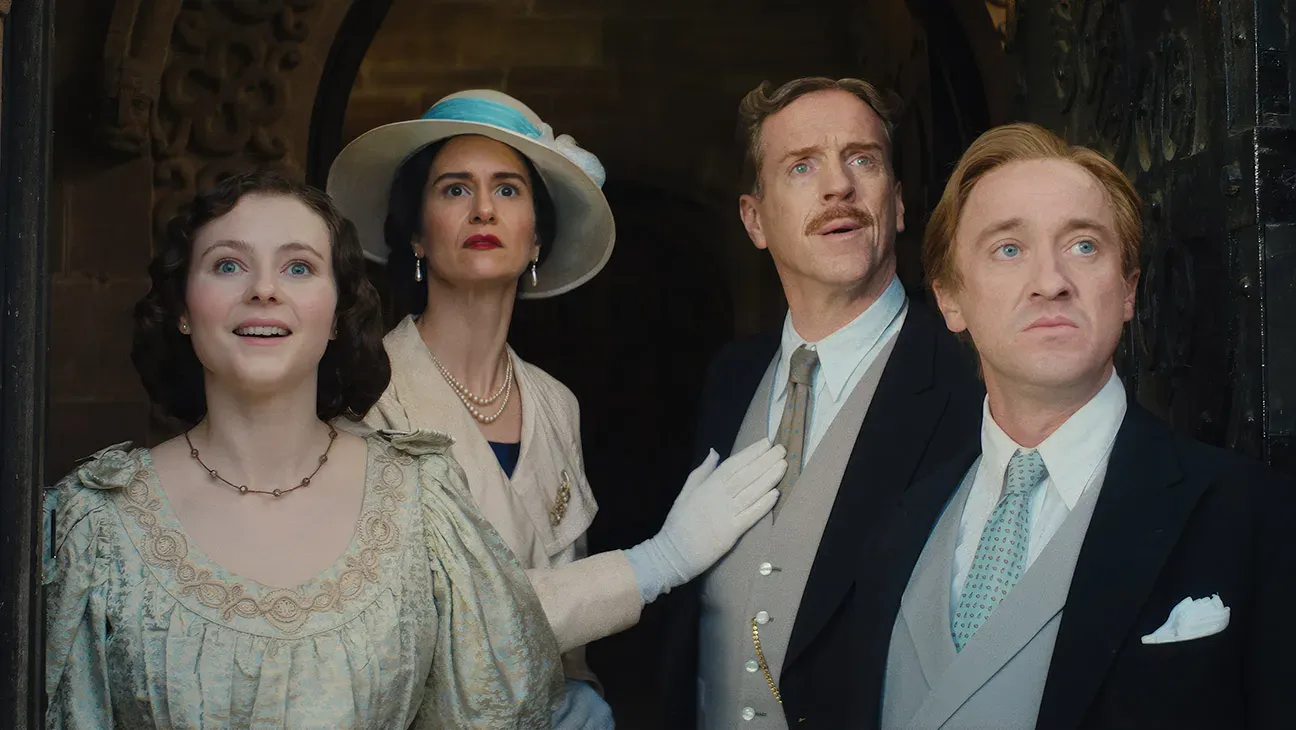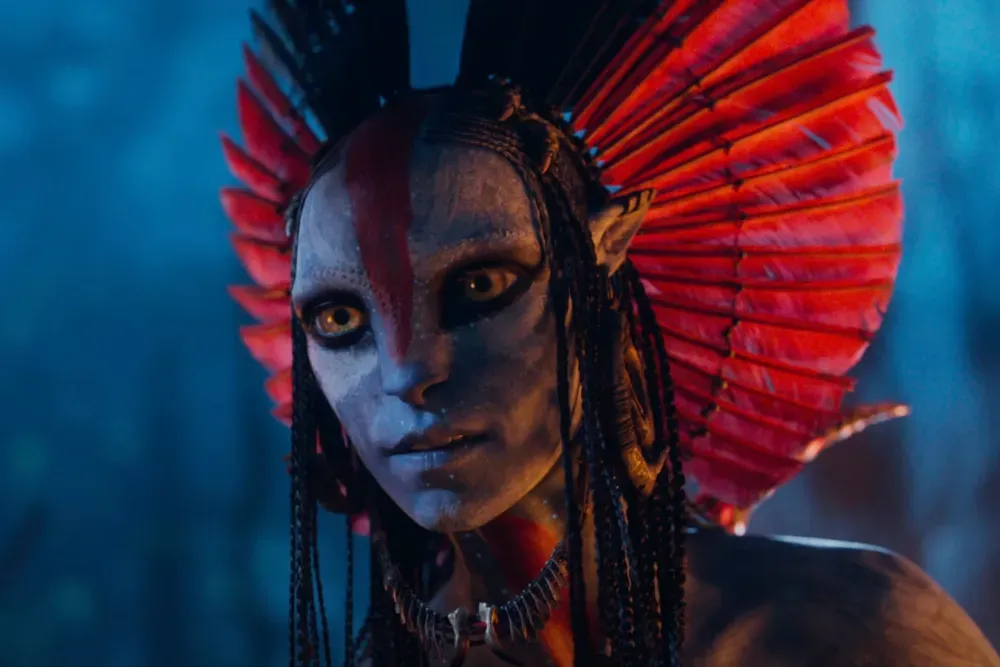
Dear David (2023) - Movie Review
- Oct 19, 2023
Adapting social media content for the big screen can be an absolute hit or a glaring miss, and "Dear David" unfortunately aligns with the latter. The movie brings to life the somewhat real narrative of Adam Ellis, portrayed by Augustus Prew, a comic artist navigating through his career in BuzzFeed amidst the 2017 internet era. Simultaneously dealing with professional setbacks and Twitter confrontations, Adam becomes ensnared by haunting sleep paralysis episodes. His green rocking chair unsettlingly stirs on its own, and a ghastly figure with hollow eyes, perched on it, begins blurring the lines between his nightmares and reality.
Adam's chilling encounters seep into his waking hours, leaving his closest allies, best friend Evelyn (played by Andrea Bang) and ex-lover Kyle (René Escobar Jr.), torn between believing in an actual ghost named David, whom Adam persistently tweets about, or presuming it's a mental breakdown. Irrespective of the skepticism surrounding him, tangible threats around Adam start spiraling.
Although "Dear David" springs from the genuinely eerie threads tweeted by the real Ellis, the movie dilutes the original fear that enveloped readers following the story live. Authentic spine-chilling moments from the thread, such as self-rocking chairs or Adam’s cats inexplicably freezing by the door at the stroke of midnight, are subdued, overshadowed by additional narratives meant to stretch the Twitter thread into a full-length film.
Attempts by director John McPhail and writer Mike Van Waes to deepen the ghost David's backstory, spanning back to 1996, and infuse Adam’s life with extra drama, surprisingly don't solidify the movie’s standing. Additionally, several dialogues and interactions among Adam, his colleagues, ex-partner, and informants awkwardly transition from the Twitter sphere to cinema, feeling somewhat dissonant and unnatural.
Oddly, the movie's unsettling fragment emerges when filmmakers opt to divert from the original plot. Despite sharing the storyline credit with executive producer Evan Turner, Van Waes struggles to infuse depth and emotion beyond what one might expect from a television film. Furthermore, McPhail and cinematographer Stephen Chandler Whitehead scarcely elevate its visual appeal beyond a conventional horror film. Whitehead somewhat stumbles, following a path many horror films have, darkening scenes to a point where characters, let alone the monstrous entity, are barely visible, seeking to conjure a sinister ambiance.
Transferring "Dear David" from its original digital space has indeed compromised its essence. The disjointed, spooky narratives, which were once dispatched in short, suspenseful Twitter bursts, are now largely stripped of their terror and anticipation. Even when compiled into a BuzzFeed article, the narrative appears less menacing, and its cinematic rendition seems awkwardly comedic rather than haunting.
As the fourth cinematic venture from BuzzFeed Studios, following movies like "Puppy Love" and "My Fake Boyfriend," "Dear David" doesn’t quite signal a bright horizon in converting the platform’s viral posts and young, energetic ethos into successful films. Even with maintaining Adam’s BuzzFeed employment in the movie, and interspersing jokes about the media’s decline and the relentless pursuit of online popularity through metrics, the horror components fall short. The intended horror scenes, combined with the lackluster top ten listicle jests and Justin Long's interpretation of BuzzFeed CEO Jonah Peretti, become more cringe-worthy than entertaining. "Dear David" presents itself as lackluster branded content, strangely more unsettling for its mediocrity than its attempt to revive a half-decade-old internet ghost tale.


